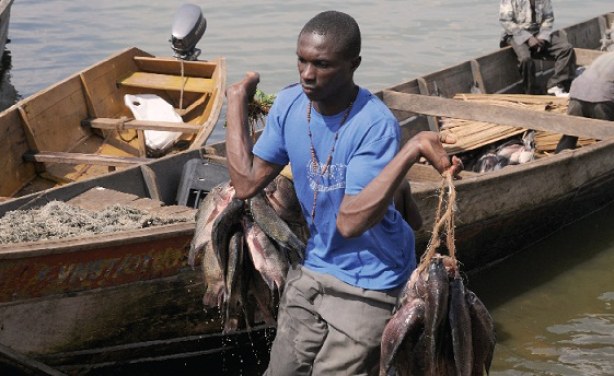

And he wondered why none of us wanted to offer the man something to eat or drink while we were there. Fast forward to our worship service that night, my pastor mentioned about the elderly man in the park. From his appearances he seemed to be homeless, looking for trash. He was holding a black garbage bag and was digging through all of the trashcans at the park. We all saw the man, but didn't think anything much of it. He had grey long hair, a beard, and was wearing old torn overalls. We all went to a park to eat lunch and there was no one else in the entire park except for one elderly man.

I can vividly picture every little thing that happened this one day. This particular year we went to Wilmington North Carolina. Every summer, my high school youth group at my church would go on mission trips. It is the cycle of life.After reading this article, i flash-backed to the summer after my sophomore year of high school. The narrator is now an adult, a father with a son who will one day grow up and die as well. This is emphasized by the fact that the entire story ends with the word death just like everyone’s life eventually ends with death. In other words, the narrator becomes aware of the reality that he has grown up and will eventually die. Just like a parent, he doesn’t go in the water himself but sits outside watching his son. In the last paragraph, the narrator realizes his own mortality, when he sees his son going into the water to swim.

To him, it’s like "the revival of an old melodrama" but with the difference that he is now grown up and an adult. The narrator remembers seeing thunderstorms when he was a child. Besides, the thunder is compared to the sound of a drum set ("the kettle drum, the snare drum, then the bass drum and cymbals") and is sent from gods ("the gods grinning and licking their chops in the hills"). The thunderstorm is a metaphor for a cycle of life and death. The author depicts "the return of light and hope and spirits". White’s Once More to the LakeĪfter a storm passes, the weather gets better again and the campers go back out to the lake. The sky turns from nice sunny weather to dark ("curious darkening of the sky"). The thunderstorm represents the transition from one generation to the next. In the last paragraph, a thunderstorm arises ("one afternoon while we were there at the lake a thunderstorm came up"). White uses symbolism to illustrate the cycle of life by describing an upcoming thunderstorm. Time has passed since the narrator has been to the lake as a child. Now he shows to his son who represents the next generation. The narrator belongs to the first generation to come to the lake. It shows the cycle of different generations. He compares himself to his son, as they make the same experiences at the lake. In other words, he experiences the situations as himself now, a father of a son but also as a child when he was younger. He is unable to differentiate between the two, "living a dual existence". When all those childhood memories come up, the narrator gets trapped between the present and the past which confuses him. Although the lake itself and most other things haven’t changed, the narrator does notice some slight new things The lake is one of the only constants in his life that unlike everything else is still the same as in his childhood (" the small waves were the same, chucking the rowboat(.)the boat was the same boat, the same color green and the ribs broken in the same places, and under the floor the same freshwater leavings and debris"). It is a place where the present and past are both present. White uses the lake as a setting where the narrator reflects on his past.


 0 kommentar(er)
0 kommentar(er)
